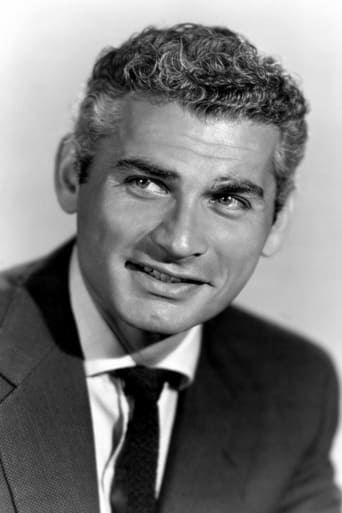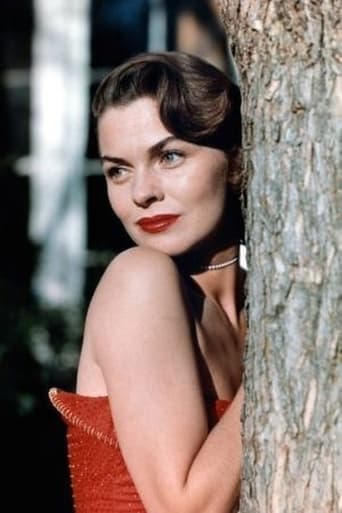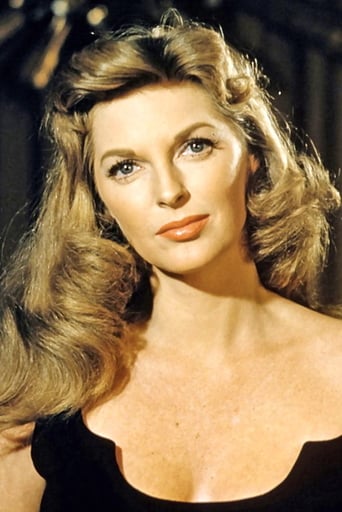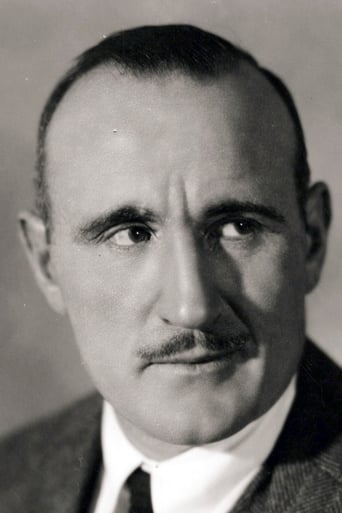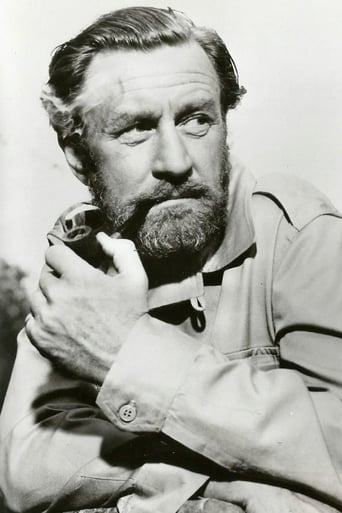CheerupSilver
Very Cool!!!
Lovesusti
The Worst Film Ever
Humaira Grant
It’s not bad or unwatchable but despite the amplitude of the spectacle, the end result is underwhelming.
Fatma Suarez
The movie's neither hopeful in contrived ways, nor hopeless in different contrived ways. Somehow it manages to be wonderful
weezeralfalfa
At the end of the Civil War, after marching columns of uniformed Confederate soldiers had ceased to exist, there was general fear among Union leaders that a long period of guerilla warfare and civil disobedience might follow. Ex-General Lee, for one, made a speech discouraging this option. This film, in part, deals with this issue. It also deals with the problem in some areas of a lack of food, clothing, shelter and infrastructure, due to the depredations of Union forces. It further dramatizes the plight of Union Loyalists in Confederate territory, with the belated lynching of one. As others have abundantly pointed out, it does not deal with the attitudes and problems of former slaves. I'm sure this omission was intentional, as it would have diluted the emphasis on the perceived antagonistic relationships between many southern whites and their Union military overlords. The main point of the film is the difficulty in convincing southerners of the good intentions of many military governors imposed upon them. I agree with the opinion of some that the screenplay is generally too dark to be a pleasant viewing experience. It might have helped if it had been shot in color. Two women are featured, on opposite extremes of the political spectrum. Joanne Dru plays the daughter of the Union loyalist who was lynched. She is in a difficult position, as she must have been during the war, as she harbors the same attitude toward secession. After a period of hating Major Drango, for failing to protect her father, she gradually warms up to him, and they share a passionate kiss, although it's not clear whether they were destined to go farther. In contrast, Julie London plays a wealthy plantation heiress, apparently spared by the Union army. Her boyfriend, Clay Allen, is the leader of the elements that want to continue the war at the local level by sabotage and raids on Union supply depots. Initially, I though I was looking at and hearing Leslie Howard as Clay, but that couldn't be, as he was killed during WWII. His son, Ronald, played Clay. The easily recognizable Donald Crisp played Judge Allen, Clay's father and critic of his attitude. He comes into prominence late in the film, when he foils Clay's attempt to assassinate Drango, and gives an impressive pro-Drango speech. We have another conflict in the clashing attitudes of Major Drango and his superior: Colonel Bracken. Major Drango represents the conciliatory attitude toward the defeated, espoused by Lincoln. Bracken represents the harsher attitude of the radical Republicans, whose representative will soon replace Drango. In the end, Drango convinced most of the population of this northwest Georgia town that he was more their friend than enemy, despite his conspicuous role in laying waste to this region during Sherman's march to the sea, However, I'm not sure that Drango's last important act: of leading the unarmed populace in a march on the Union fort to beg for more food rations and clothes, will be successful, given Bracken's attitude.See it at YouTube.
bkoganbing
Jeff Chandler in the title role of Clint Drango has a disagreeable and difficult duty to perform as military governor of a small Georgia town that not even a year before he had ridden through with General Sherman's army. They did not leave much standing and when the town learns of his military record, Chandler's not left with much support for the difficult job he's trying to do. To bring peace to a conquered and proud people.The film starts with the lynching of northern sympathizer Morris Ankrum and his daughter Joanne Dru though she hates Chandler at first for not sending Ankrum to safety, she becomes his biggest supporter mainly because she has nowhere else to go.Behind the resistance is former Confederate officer Ronald Howard who never looked more like his father Leslie than in this film. He was certainly evocative of Ashley Wilkes another Georgia aristocrat. Donald Crisp is Howard's father here and Julie London is another southern aristocrat who Howard uses to gain information. Of course Ashley's attitude toward the conquering Yankees was light years different than than Ronald Howard's in Drango.Drango's not a bad western, but quite frankly the total absence of blacks from the film is puzzling. There are places in the south which did not have cotton plantations and hence no significant black population at the time of the Civil War. But looking at the mansions that Crisp and London have belies that notion for this section of Georgia. That absence makes Drango a decent, but very flawed picture.
ricpantale
John Lupton was a Union Captain not Confederate: I agree that no Blacks seemed odd in a story taking place in Georgia during reconstruction. Considering the movie was made in 1957, it did bring home some valid points. Bitterness and hatred exist to this very day...Black and white photography is excellent, but the film should have been made in Color. It looks too much like the hundreds of westerns that were on TV in 1957. Anyway it was a noble attempt and although it fails to arouse much excitement, it did in it's own quiet way show how the reconstructed period was very difficult. Anyway the movie should be reviewed as an interesting and erstwhile failure
dougdoepke
A rather dour Reconstruction Western that's probably too earnest for its own good. Writer Hall Bartlett's heart is in the right place—reconciling North and South following the Civil War. Union Major Drango (Chandler) wants to unite rebellious Confederate town around a regime of humane occupation, despite widespread resistance. The supporting cast is familiar from about every popular TV series of the day—Stone, Phillips, Sande, Ankrum, Baer. Too bad the powerful Donald Crisp is largely wasted in a circumscribed role, and why Julie London's presence other than to build box-office appeal is unclear to me. In fact, her romantic subplot with Lupton sprawls the story without strengthening it. Also, reviewer Lorenellroy is right—Chandler's major comes across as too stiff and unappealing for a central character. His besieged Major should be serious, but the seriousness is finally carried to a deadening degree. Bartlett was interesting as a producer, especially with Navajo and Unchained. Here, however, I'm afraid he tries to do too much with a screenplay that ends up in too many talky subplots. Then too, direction should have been left to a better stylist since the core material had potential. In passing—note that no reference to slavery or appearance of a black person occurs anywhere in the movie, a rather startling omission for a film dealing with the post-Civil War South. My guess is that the producers, like others of the period, didn't want to risk dealing with a sensitive subject at a time when Jim Crow laws still prevailed below the Mason-Dixon Line. Anyway, considering the number of Westerns on TV and in theatres in 1957, it's probably not surprising that despite good intentions and a fine performance from Joanne Dru this dour little oddity has remained lost in the mix.

